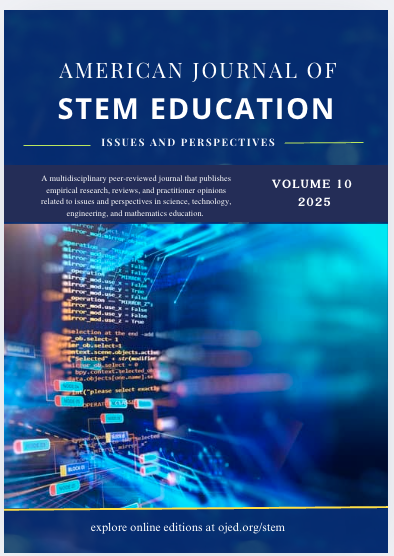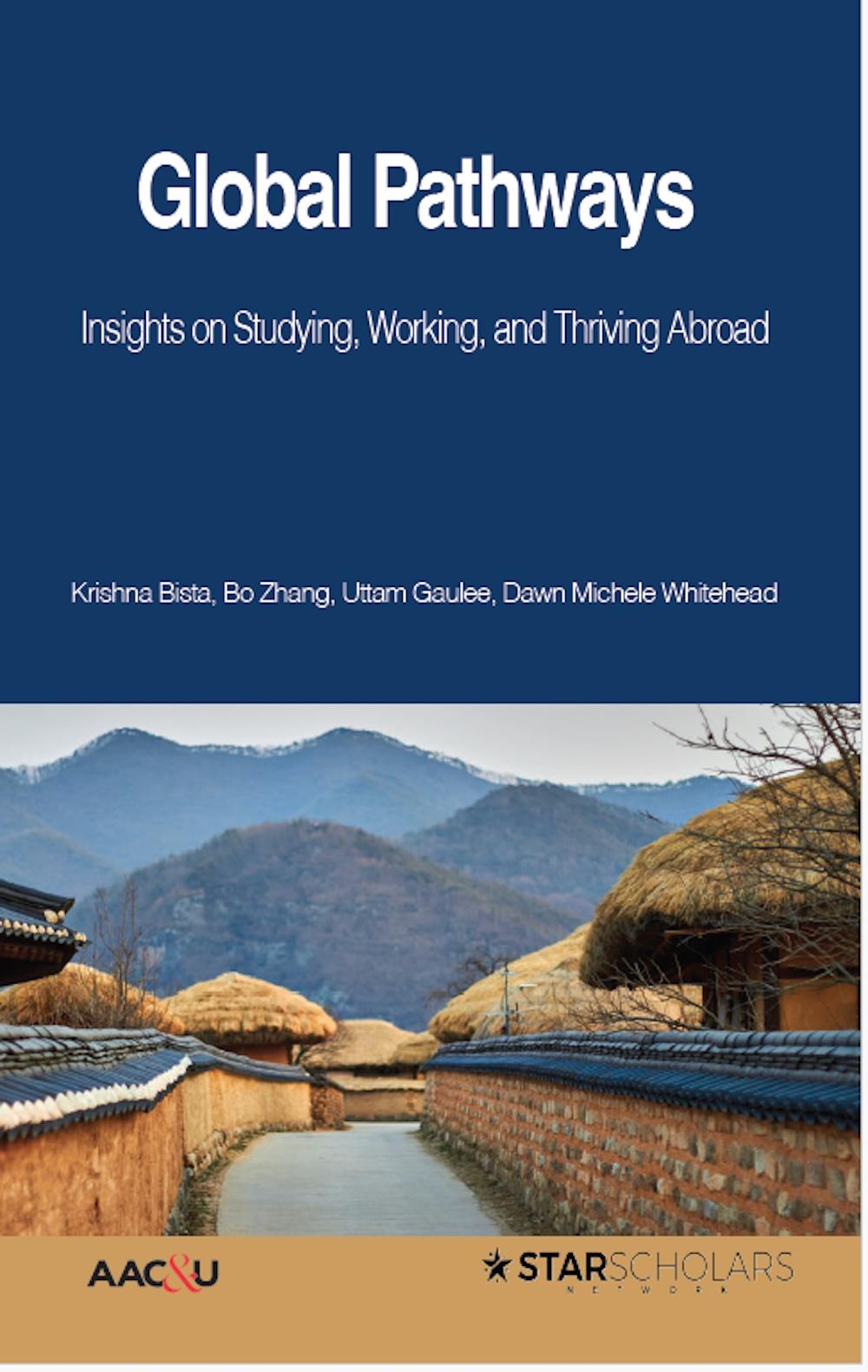Self-compassion and spiritual well-being among employees in educational institutions
DOI:
https://doi.org/10.32674/Keywords:
Educational institutions, employee well-being, self-compassion, spiritual well-being, stress managementAbstract
This study investigates the relationship between self-compassion and spiritual well-being among employees of educational institutions in the Kathmandu Valley. A descriptive research design was adopted, utilizing convenience sampling to collect cross-sectional data from 171 respondents via an online Google Form. Data analysis was performed using correlation and chi-square tests in SPSS version 23. The results indicated that most respondents demonstrated high levels of self-compassion and spiritual well-being, with no significant differences across demographic factors. A moderate positive correlation of 0.514 was found between self-compassion and spiritual well-being. In terms of self-compassion, mindfulness ranked highest, followed by self-kindness, with common humanity ranking lowest. Regarding spiritual well-being, the communal domain ranked the highest, followed by the environmental, personal, and transcendental domains, respectively. It is recommended that educational institutions focus on these high-ranking factors to enhance employee satisfaction
Downloads
Published
Issue
Section
License
Copyright (c) 2024 Interdisciplinary Journal of Innovation in Nepalese Academia

This work is licensed under a Creative Commons Attribution-NonCommercial-NoDerivatives 4.0 International License.
Upon publication articles are immediately and freely available to anyone, anywhere, at any time. All published articles are licensed under a Creative Commons Attribution-NonCommercial-NoDerivs 4.0 Unported License. All articles are permanently available online. The final version of articles may be posted to an institutional repository or to the author's own website as long as the article includes a link back to the original article posted on OJED.






